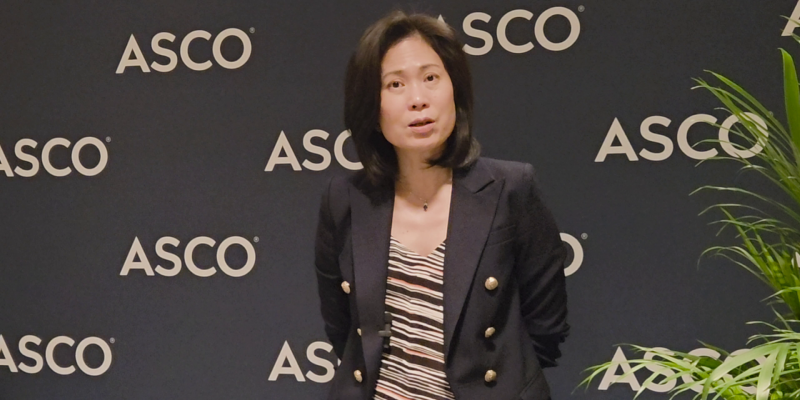
A recent study suggested that fruquintinib combined with the anti-programmed death-1 (PD-1) antibody toripalimab has a better effect compared with fruquintinib alone in the third-line treatment of patients with refractory metastatic colorectal cancer (mCRC). The results appeared in the Journal of Gastrointestinal Oncology.
In this single-arm, single-center, prospective, phase 2 clinical trial, researchers assessed 19 Chinese microsatellite stabilized (MSS) patients (median age, 52 years) with refractory or advanced mCRC. The trial population received fruquintinib (5 mg orally once daily for 3 weeks followed by 1 week off in 4-week cycles) plus toripalimab (240 mg intravenously administered on day 1 once every 3 weeks). The respective treatments were administered until disease progression or unacceptable toxicity. In addition to toxicity, investigators analyzed the objective response rate (ORR), progression-free survival (PFS), overall survival (OS), 1-year PFS rate, and disease control rate.
Their findings showed that approximately 21% of patients achieved a partial response, more than 52% experienced stable disease, and around 21% experienced progressive disease. The ORR was observed to be 21.05%, while median PFS and OS were 5.98 months and 11.10 months, respectively. The treatment combination yielded greater PFS in patients with peritoneal metastasis. The investigators noted that the most common treatment-related adverse reactions were fatigue (57.89%), hepatic dysfunction (42.11%), and hypertension (36.84%). No serious adverse effects or adverse effect-related deaths were reported in this trial.
“Our study provides evidence supporting fruquintinib combined with an anti-PD-1 monoclonal antibody [has] the better effect than fruquintinib alone in the third-line setting for Chinese patients with MSS advanced colorectal cancer. Primary lesion excision and peritoneal metastasis were independent prognostic factors of PFS,” the investigators concluded, though they noted that further “well-designed, prospective, large-scale studies are needed to validate this outcome.”






 © 2025 Mashup Media, LLC, a Formedics Property. All Rights Reserved.
© 2025 Mashup Media, LLC, a Formedics Property. All Rights Reserved.